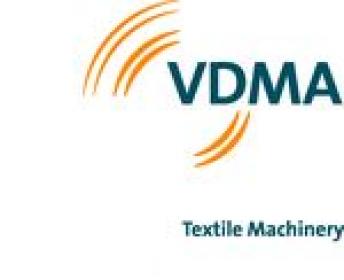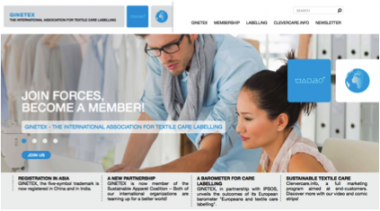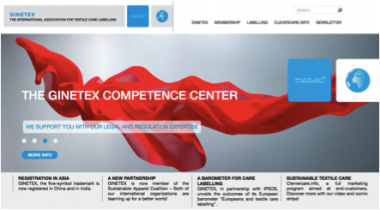NCTO: Industry and Union Coalition releases Statement about PPE
A broad coalition of industry organizations and labor unions, representing a broad spectrum of manufacturers and workers who stepped up to make essential personal protective equipment (PPE) throughout the COVID-19 pandemic, sent a letter to Senate Majority Leader Chuck Schumer (D-NY) and Senate Minority Leader Mitch McConnell (R-KY) expressing strong support for the inclusion of robust domestic procurement policies for PPE in the U.S. Innovation and Competition Act (USICA) currently being considered by the Senate.
See the coalition’s full letter here.
NCTO






















